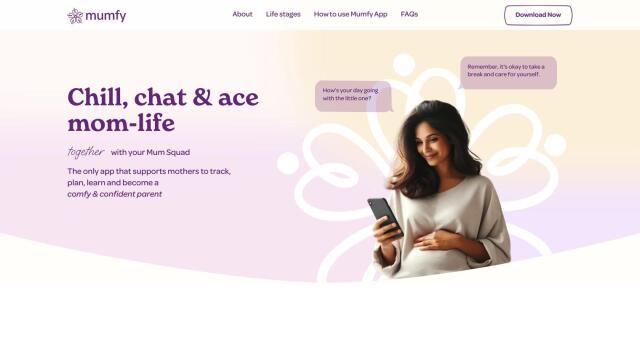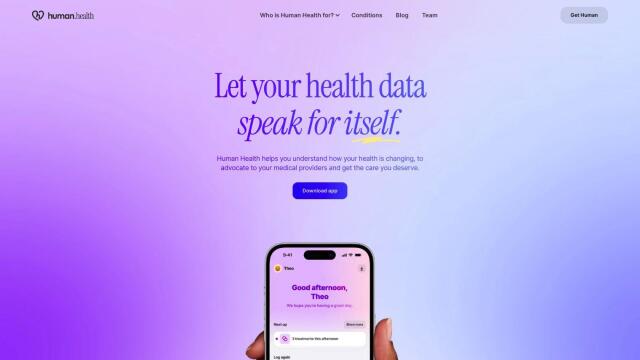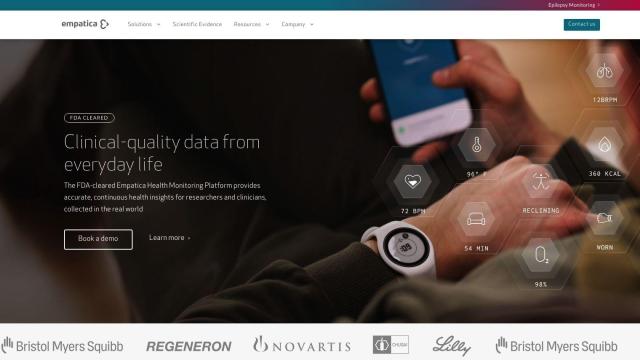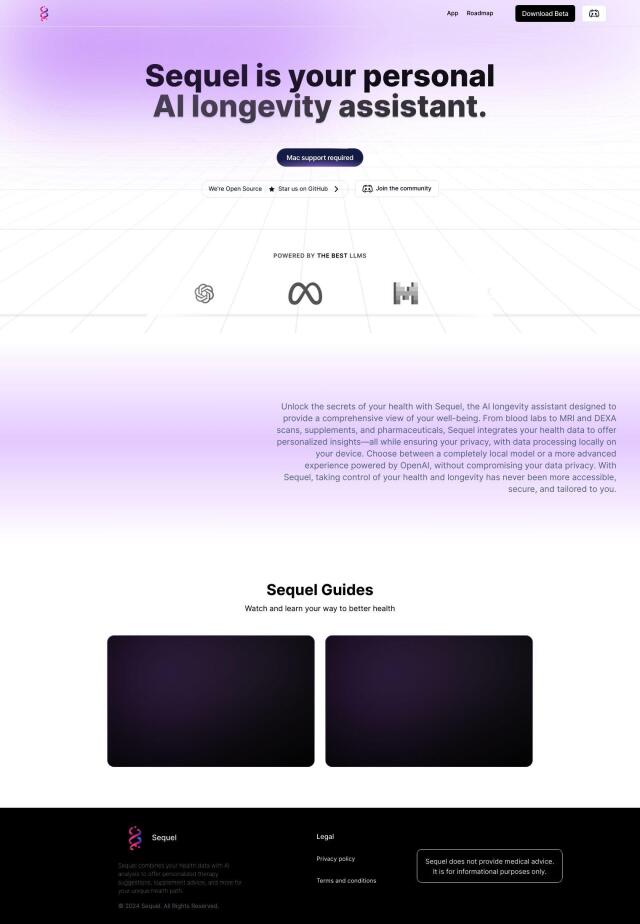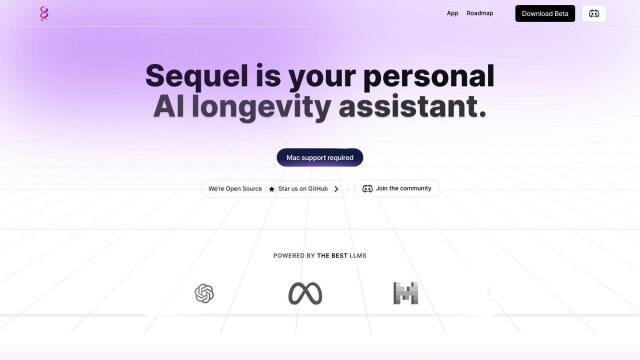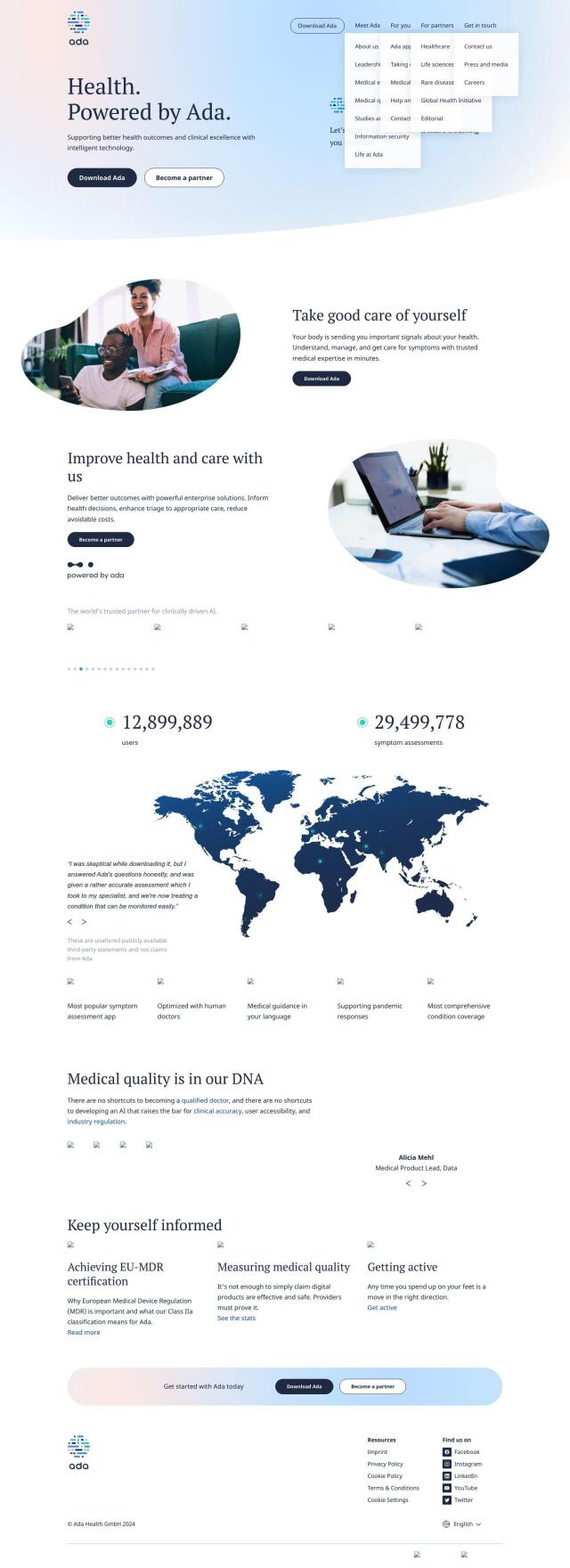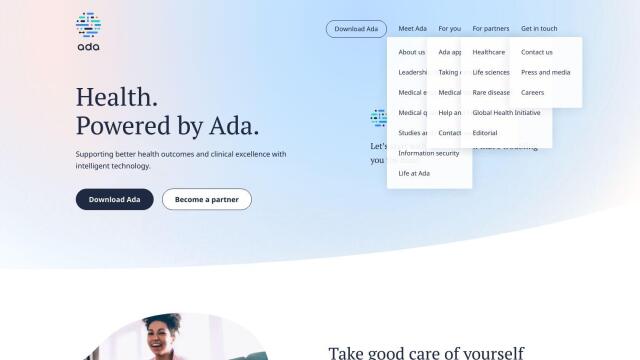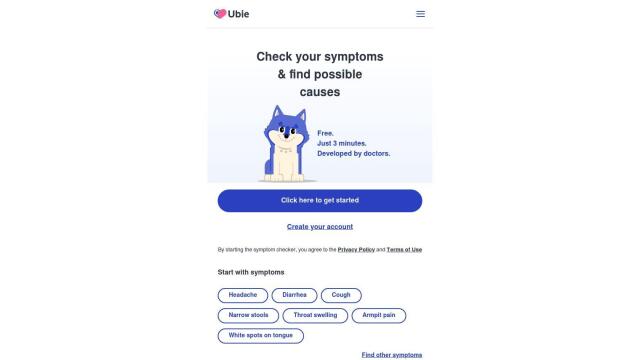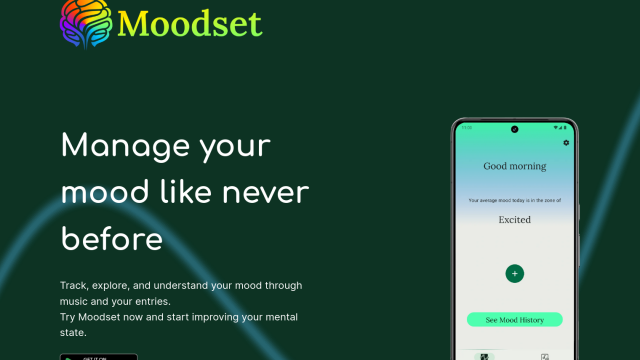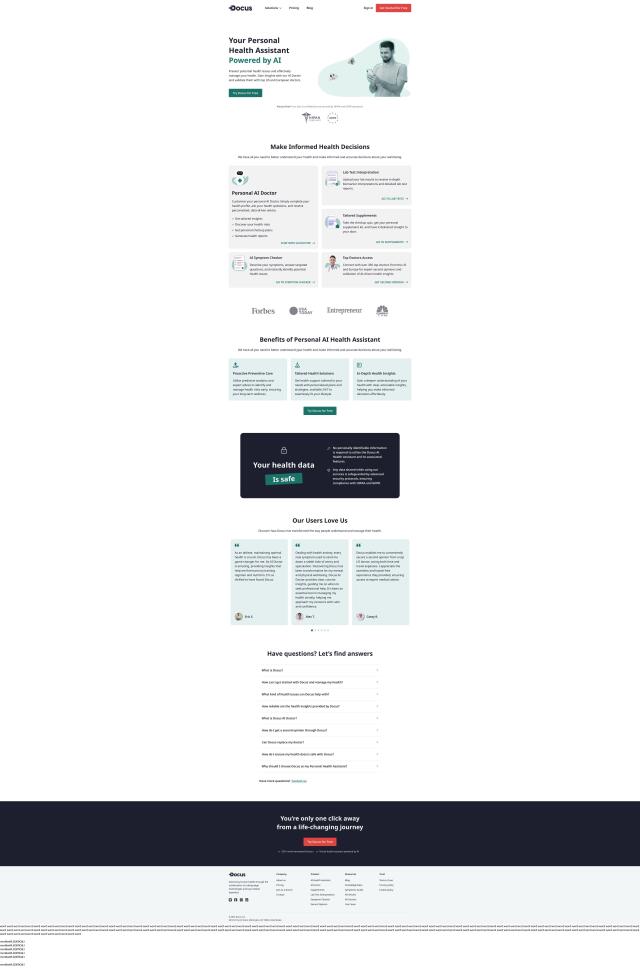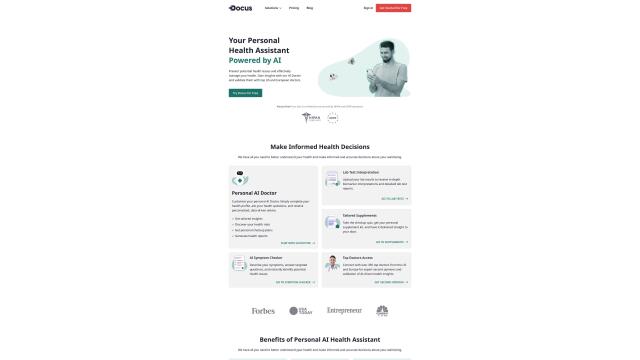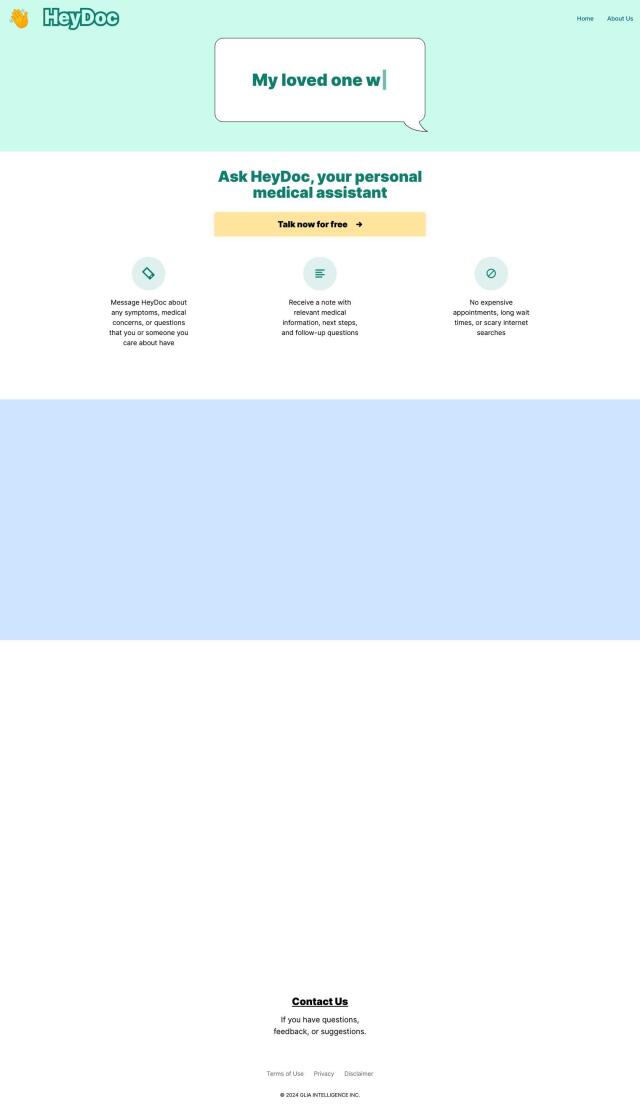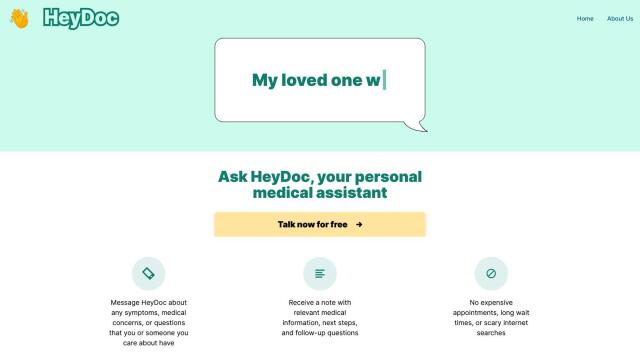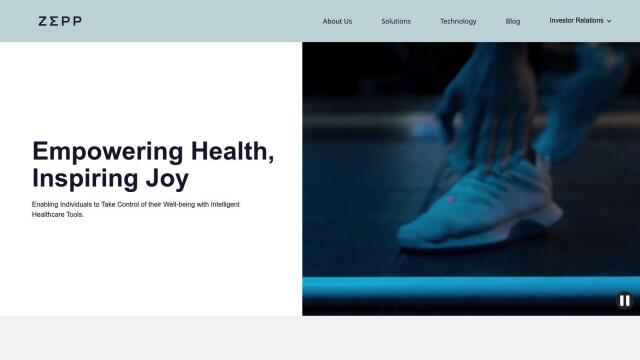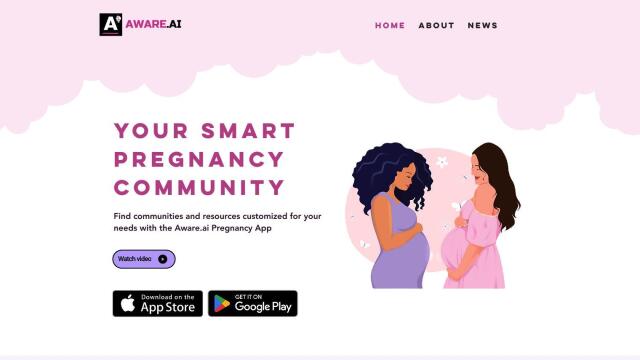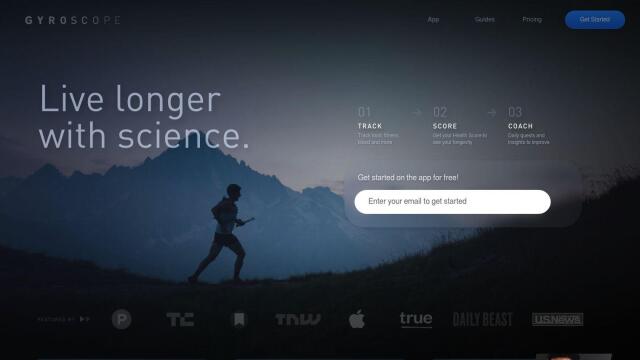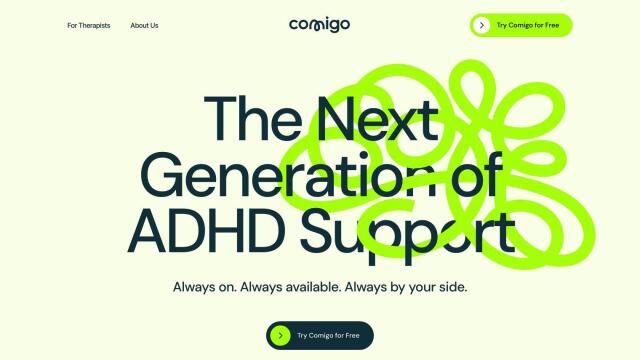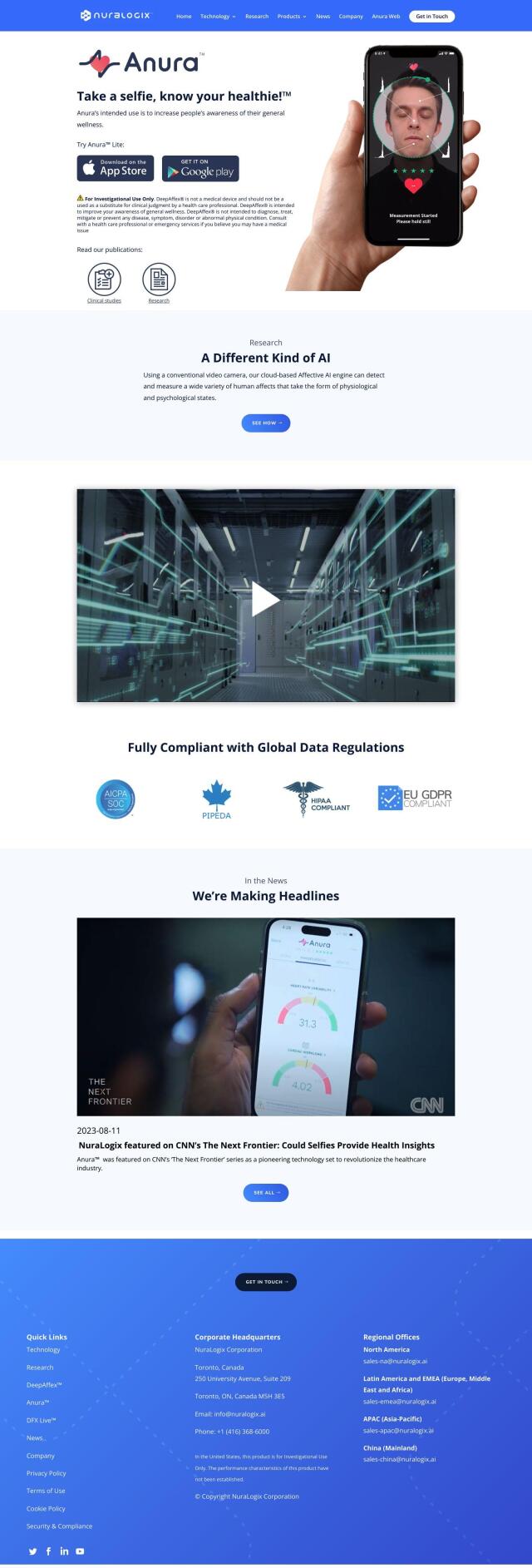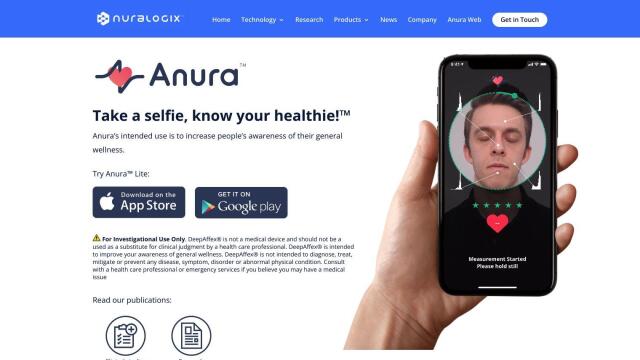Question: Is there a smart ring that can help me understand my menstrual cycle and provide symptom forecasts?

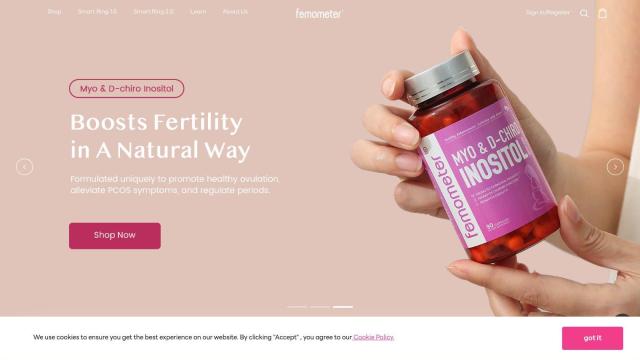
Femometer
If you're in the market for a smart ring that'll help you better understand your cycle and predict symptoms, the Femometer is a good option. It measures physiological data like basal body temperature, heart rate and heart rate variability, which it uses to predict ovulation, track sleep and forecast menstrual symptoms. The ring also offers an ovulation calendar and sleep and activity tips from an expert, so it's good for women who want to understand their cycles regardless of whether they're trying to conceive or not.

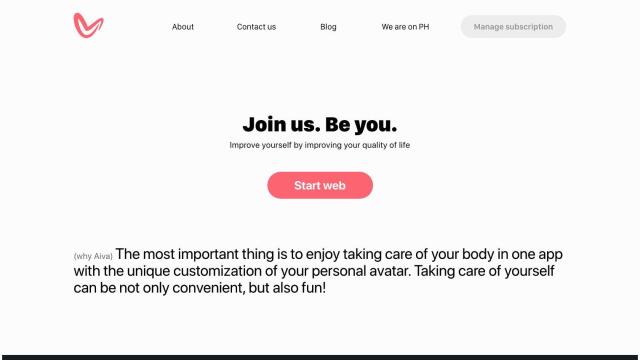
Aiva
Another good option is Aiva, an all-purpose self-care app designed specifically for women's health. Aiva comes with a built-in period tracker that offers insights and ovulation predictions. It also has a pregnancy tracker that offers details on fetal development and advice. And Aiva has tools to track water consumption, daily activity and body changes, so you can get a better sense of your overall health and well-being.

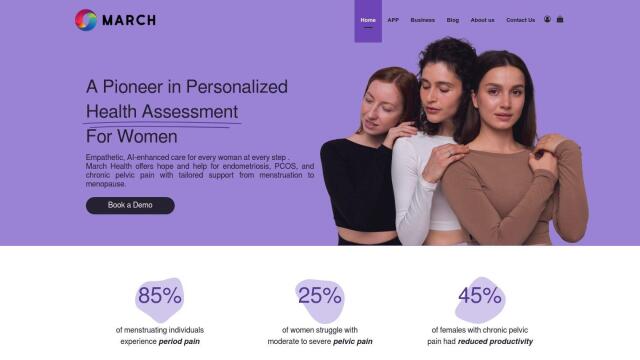
March
If you want a more general-purpose approach, March offers personalized care and advice at different points in your life. It includes AI-powered tools for reproductive health management, symptom tracking and connecting with health care providers. It's geared in particular for reproductive health problems like endometriosis and PCOS, with tools to help you spot problems and advice on what to do.
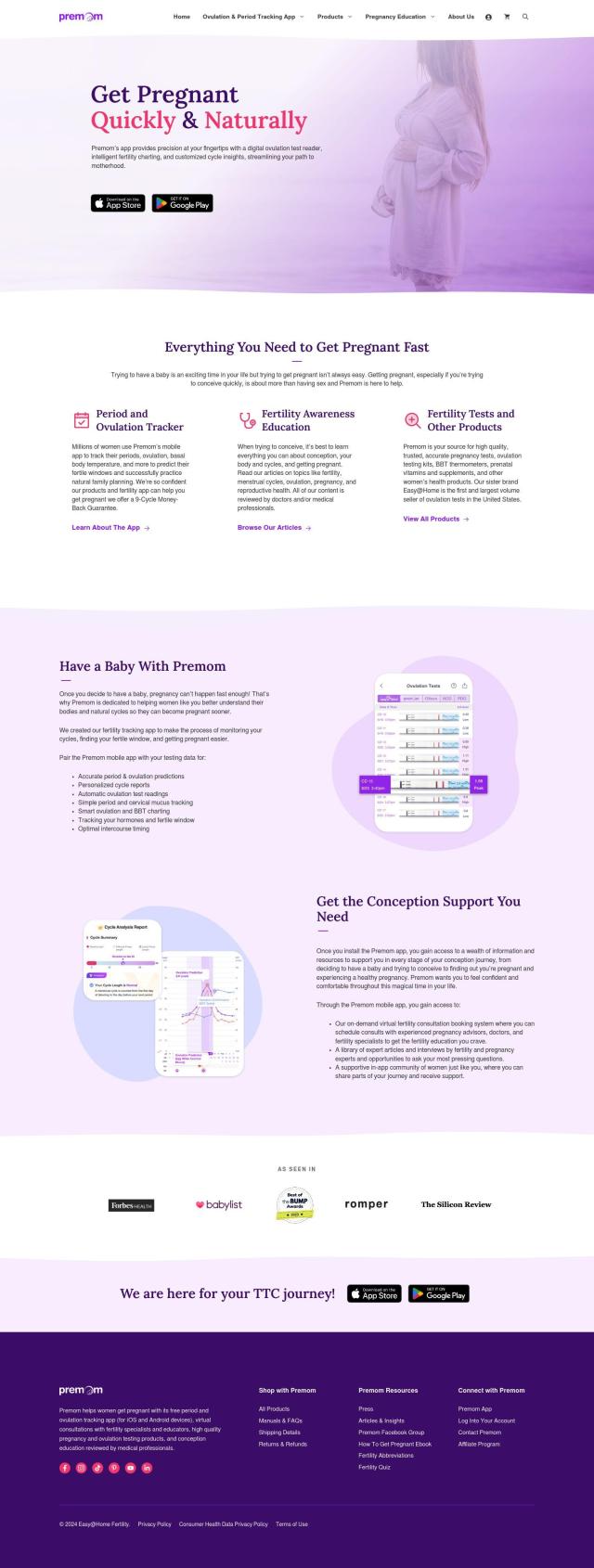
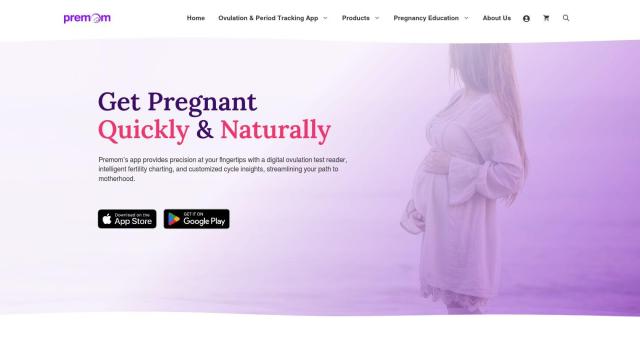
Premom
If you want a mobile app, Premom offers a fertility tracking app. It tracks periods and ovulation, charts fertility, and offers insights into your cycle. Premium subscribers can have virtual consultations with fertility experts and get cycle reports, too, so it's a good option for people trying to conceive naturally and safely.

